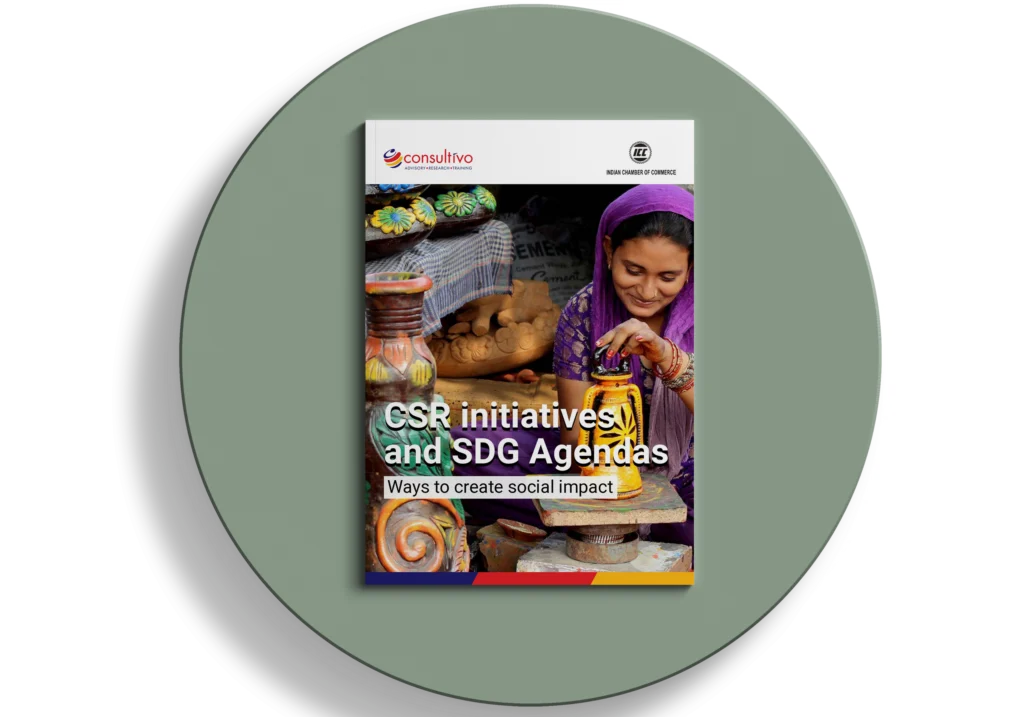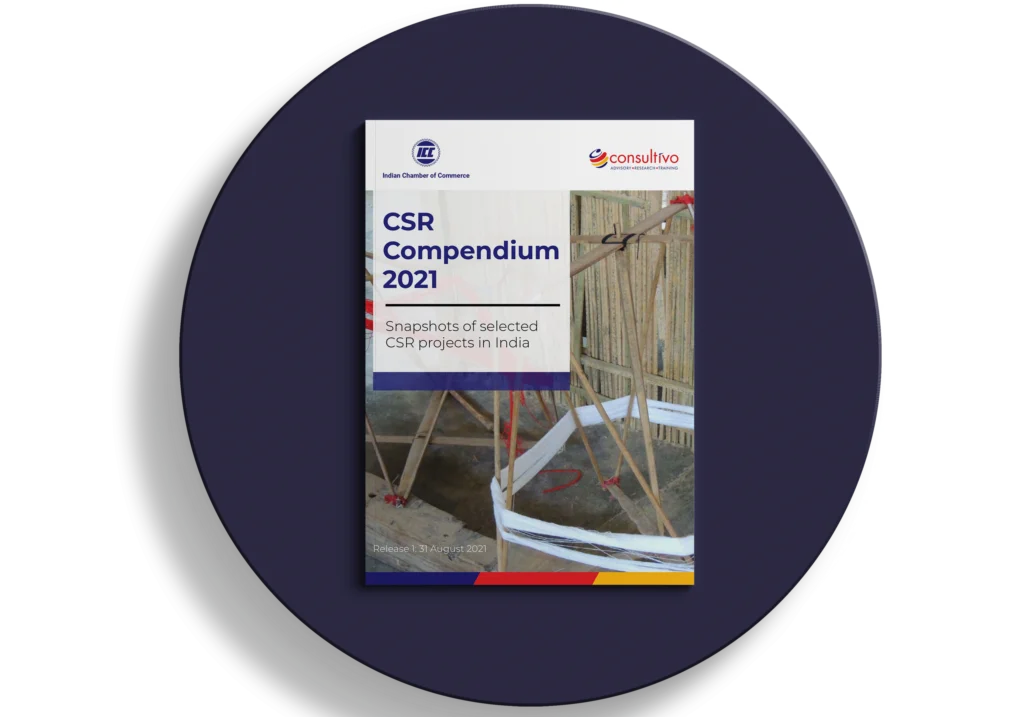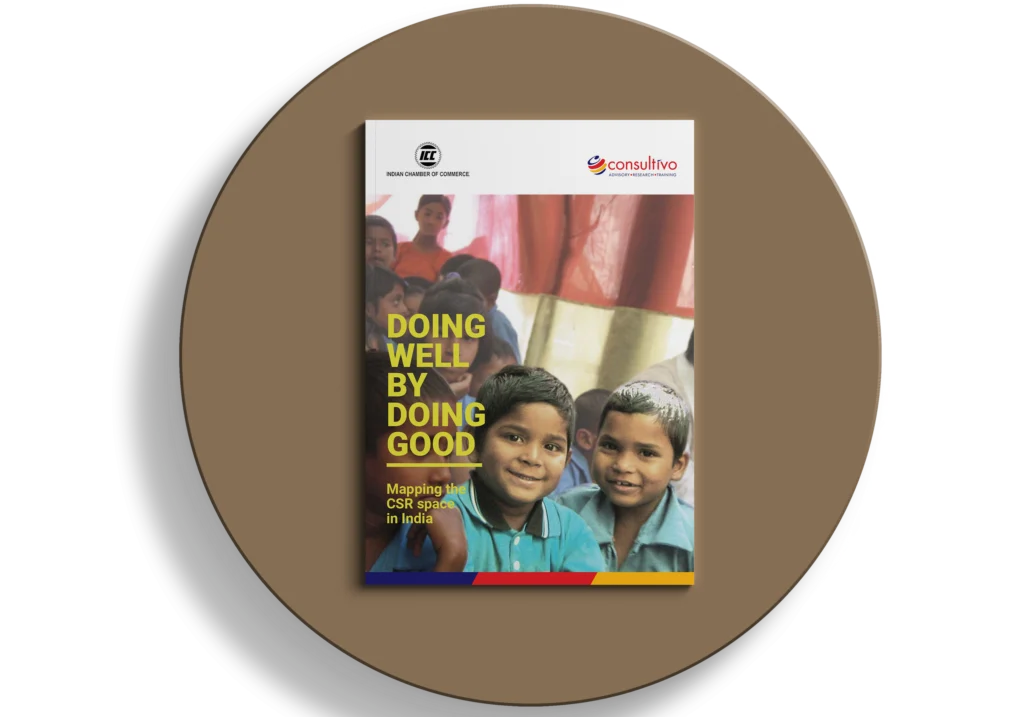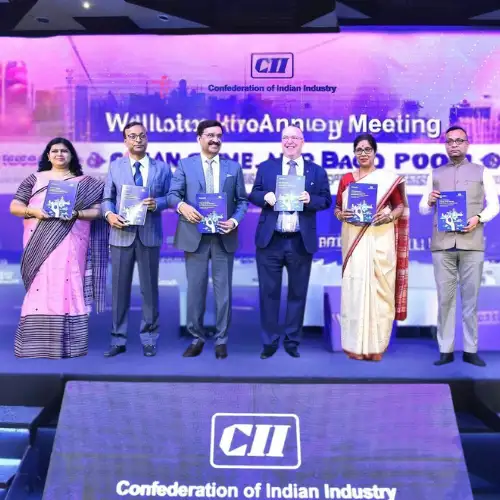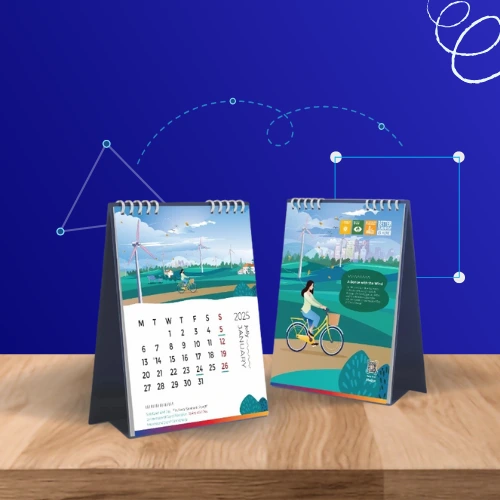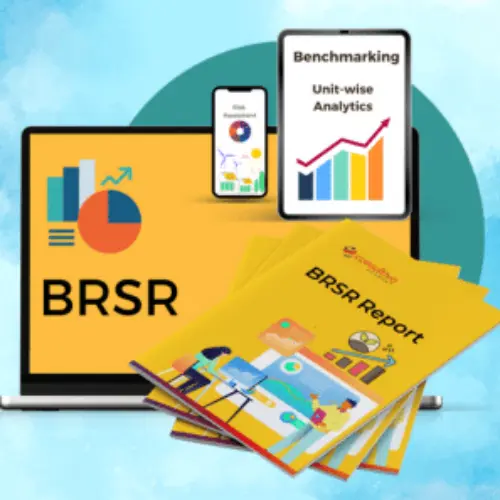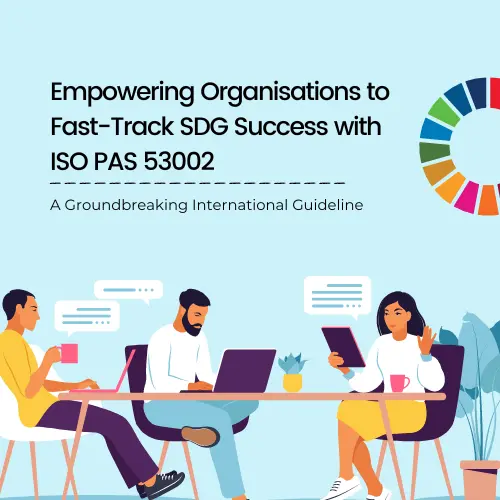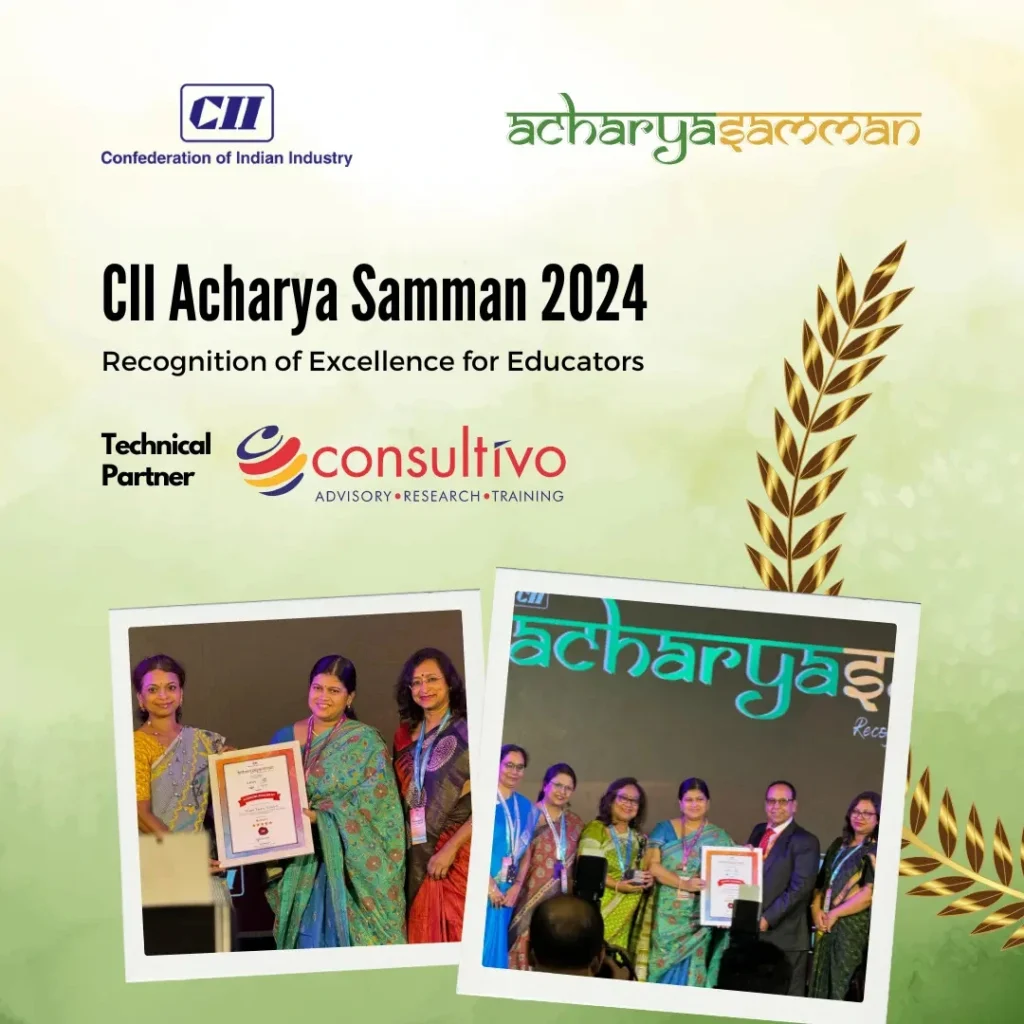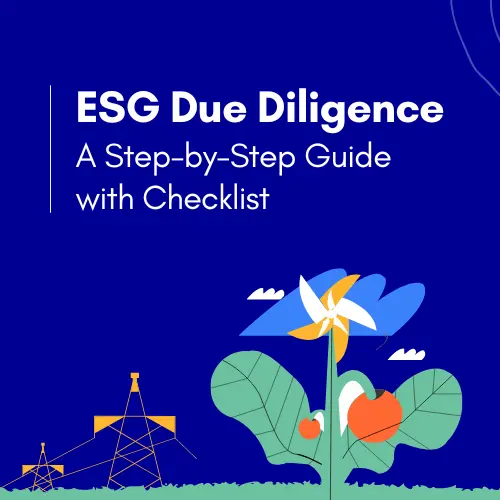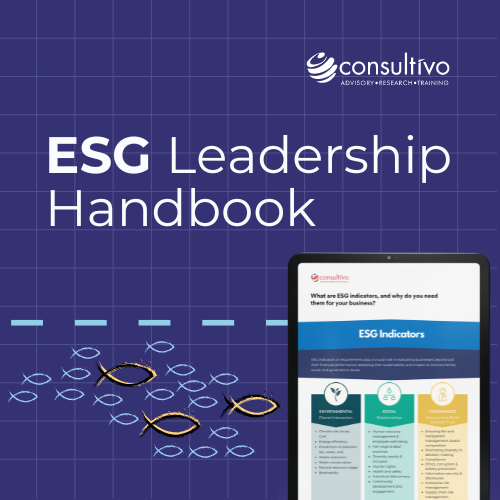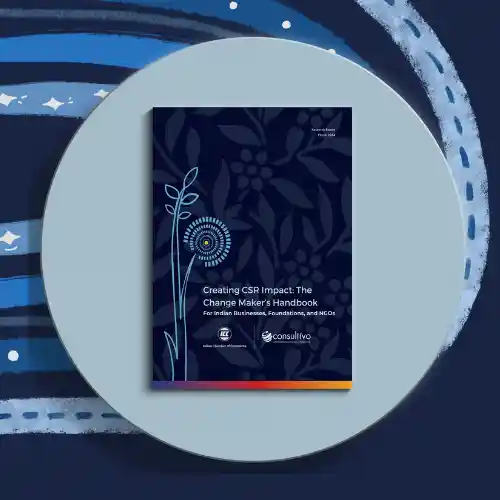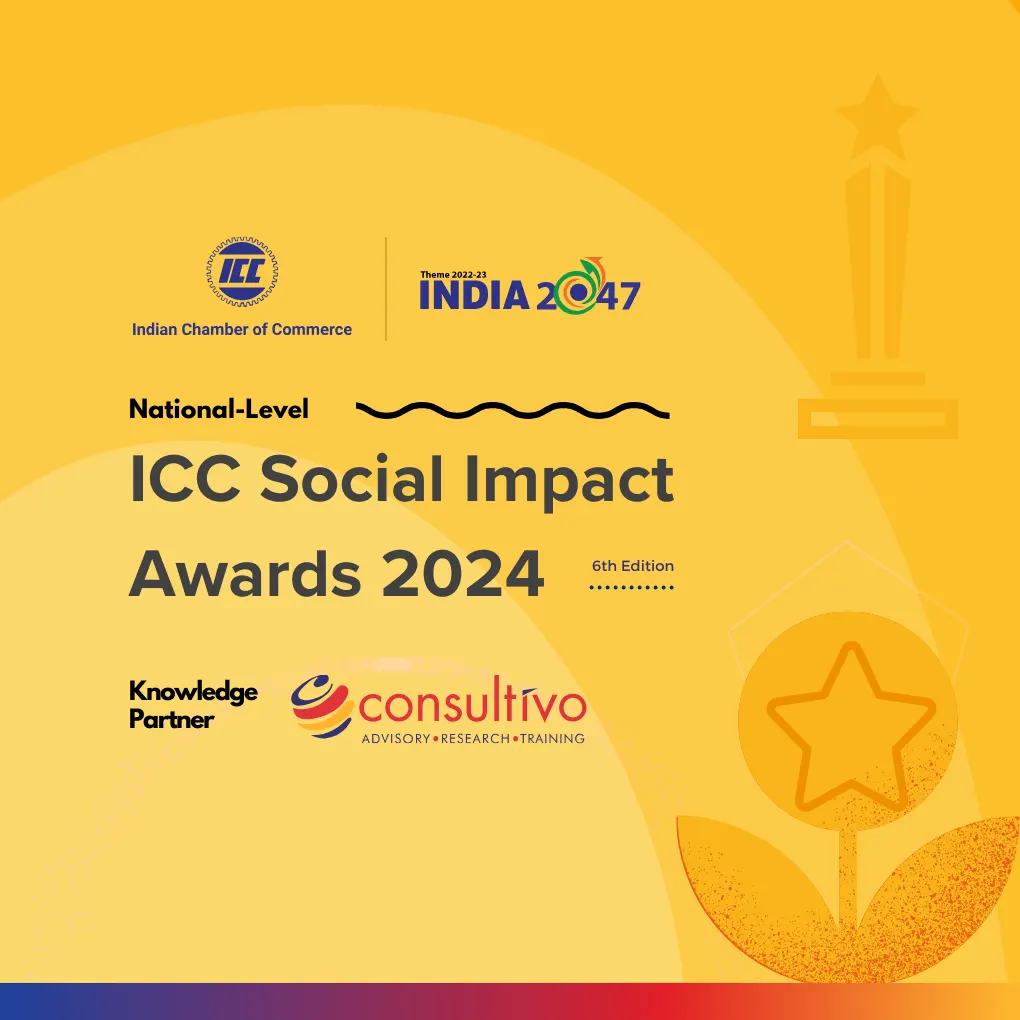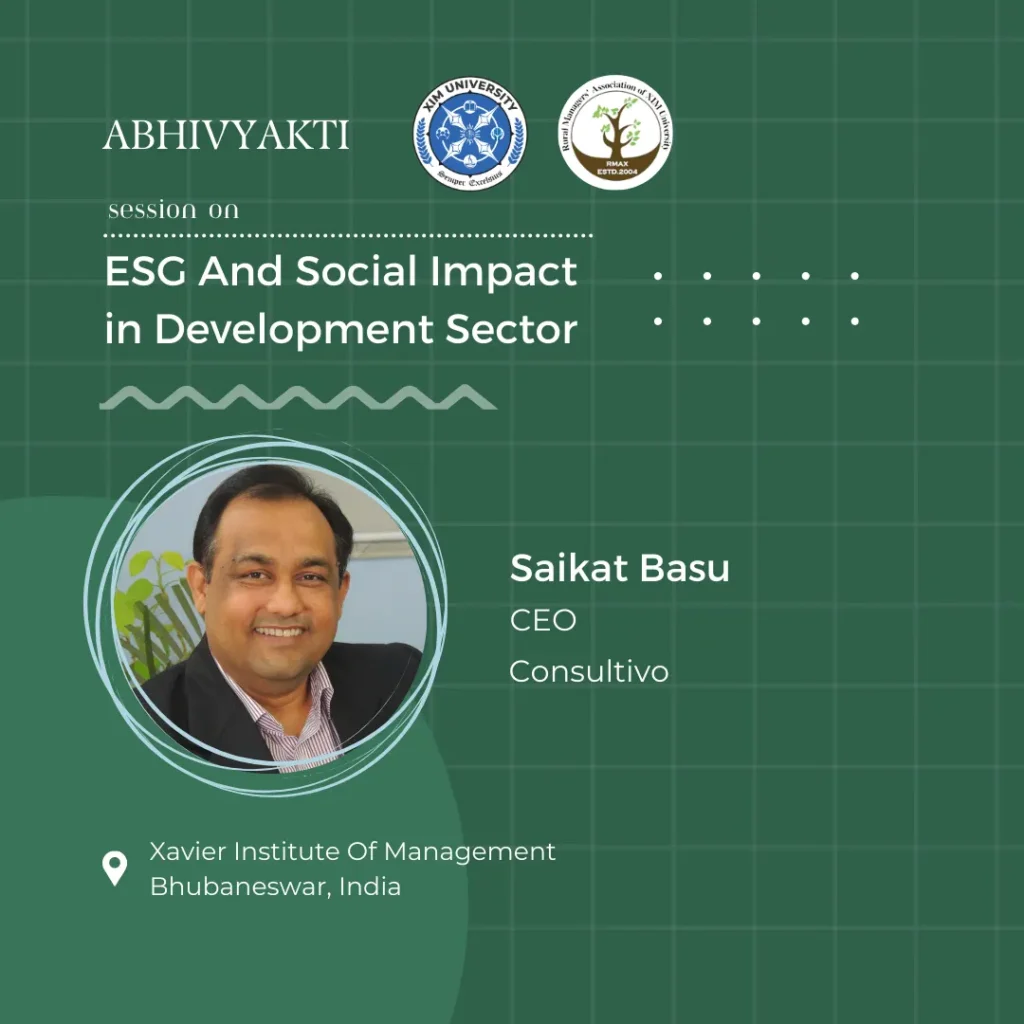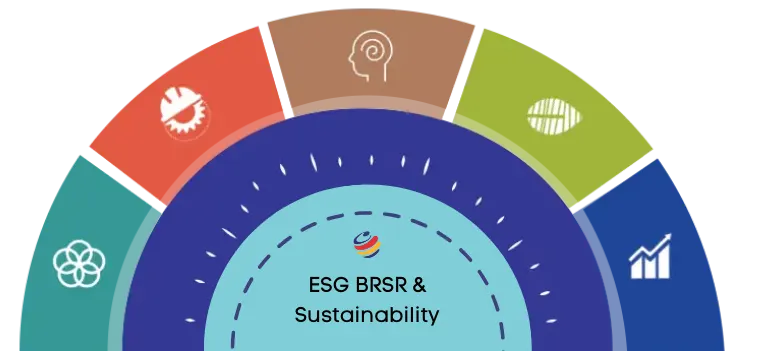Baseline Survey | Assessment | Study
IFC (World Bank Group) Approved Independent Consultant
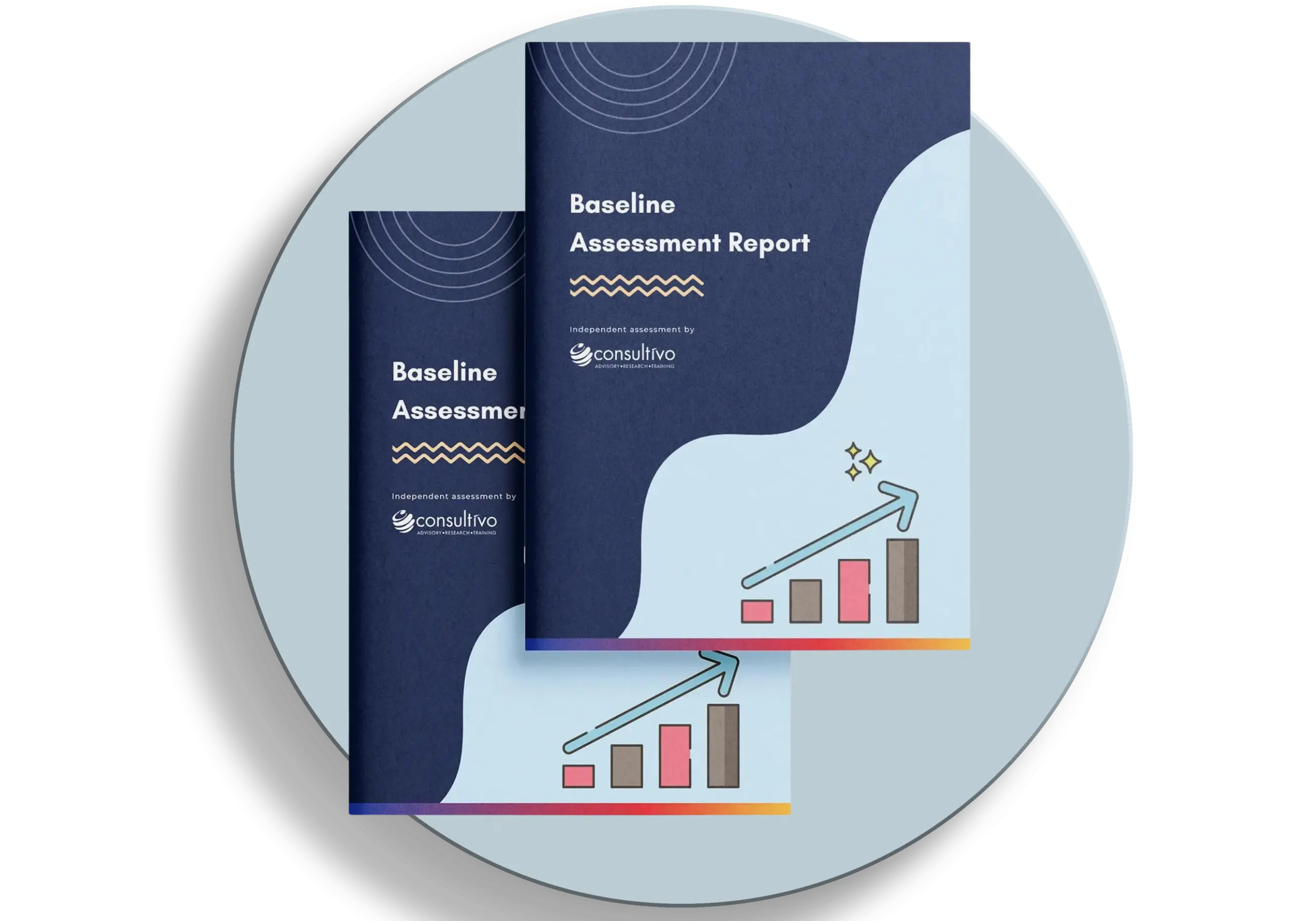








What you will find here
Home / Social & Sustainability Solutions / CSR Consulting Solutions / Baseline Survey
Use our expertise in compliance review, data handling advisory, report preparation and effective communication.
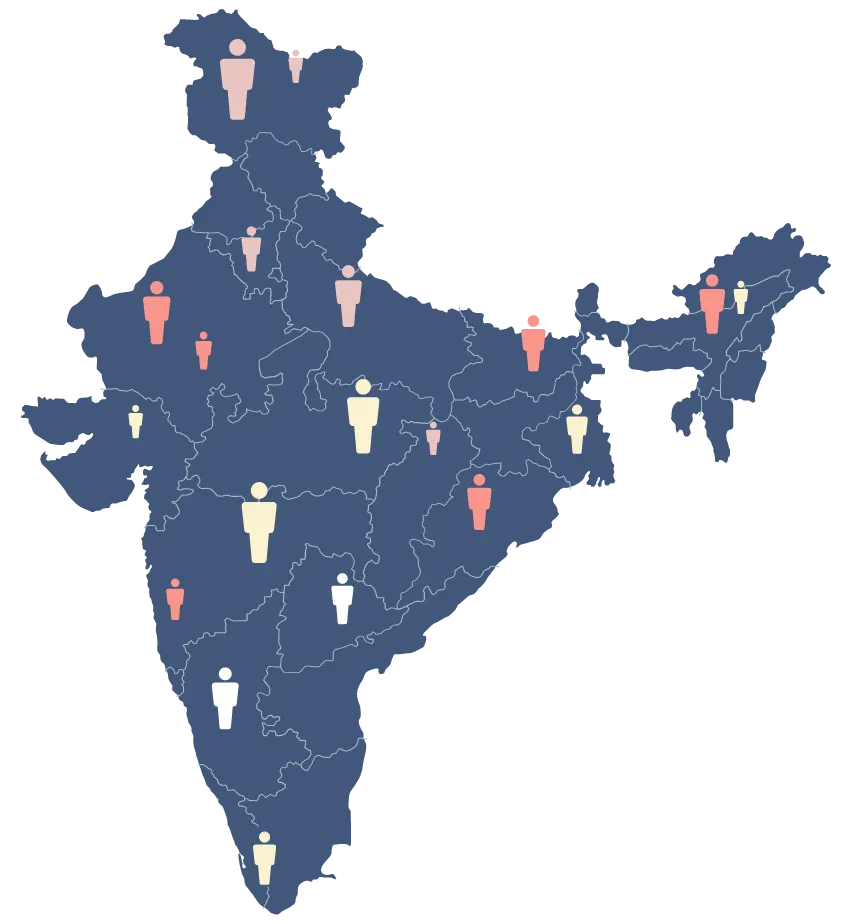
Resources at strategic locations
PAN India
Mumbai, Kochi, Thane, NCR, Indore, Bengaluru, Chennai, Kolkata, Visakhapatnam, Guwahati, Jamshedpur
Our Presence
25+ Thematic Areas
15,00,000+ Beneficiaries
we have covered in our research and analysis for CSR
14+ years
at the forefront of the ESG, Social & Sustainability Advisory Space
100000+ Stakeholders
we have covered through interactions, interviews, FGD, KII etc. to understand their expectations and perceptions.
400+ CSR Projects
we have completed till now across 22 states of India
30+ Languages
we use to communicate with the beneficiaries and other stakeholders for these CSR projects.
15+ Industy Sectors
trusted us for conducting these CSR Impact Assessments.
Baseline Survey – Baseline Assessment – Baseline Study – Need Assessment Consultant
Consultivo helps private & public sector companies, trusts, foundations & implementation agencies to identify the baseline profile of their development projects.
The scientifically defined baseline helps to monitor and evaluate the output, outcome and impact of CSR on the designated areas of concern.
Use our 10+ years of experience in guiding business & foundation leaders in the areas of corporate social responsibility.
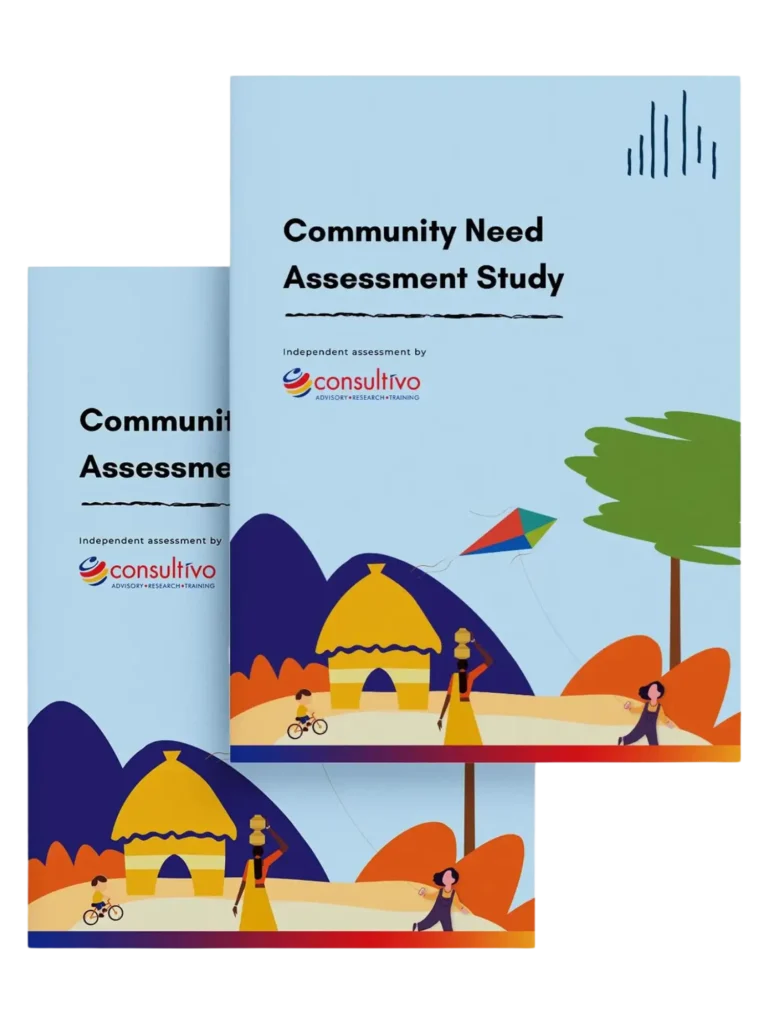
Our Featured Blog
Featured Blog
Theory of Change (ToC) is a comprehensive, structured methodology of how a development project or program is expected to achieve its intended outcomes.
Featured solutions
Consultivo helps private & public sector companies, trusts, foundations & implementation agencies in the areas of Strategy, Implementation, Monitoring, Evaluation & Impact Assessment.
Communication and Impact Reports to enhance stakeholder confidence.
Companies, Trusts, NGOs, Not for Profits
Project Impact Assessment In line with MCA & Companies (CSR Policy) Amendment Rules Requirements
Solutions – How Consultivo can help
Remote Support
On-Site Support
Blended Support - Remote & On-site
Get your independent CSR report by Consultivo
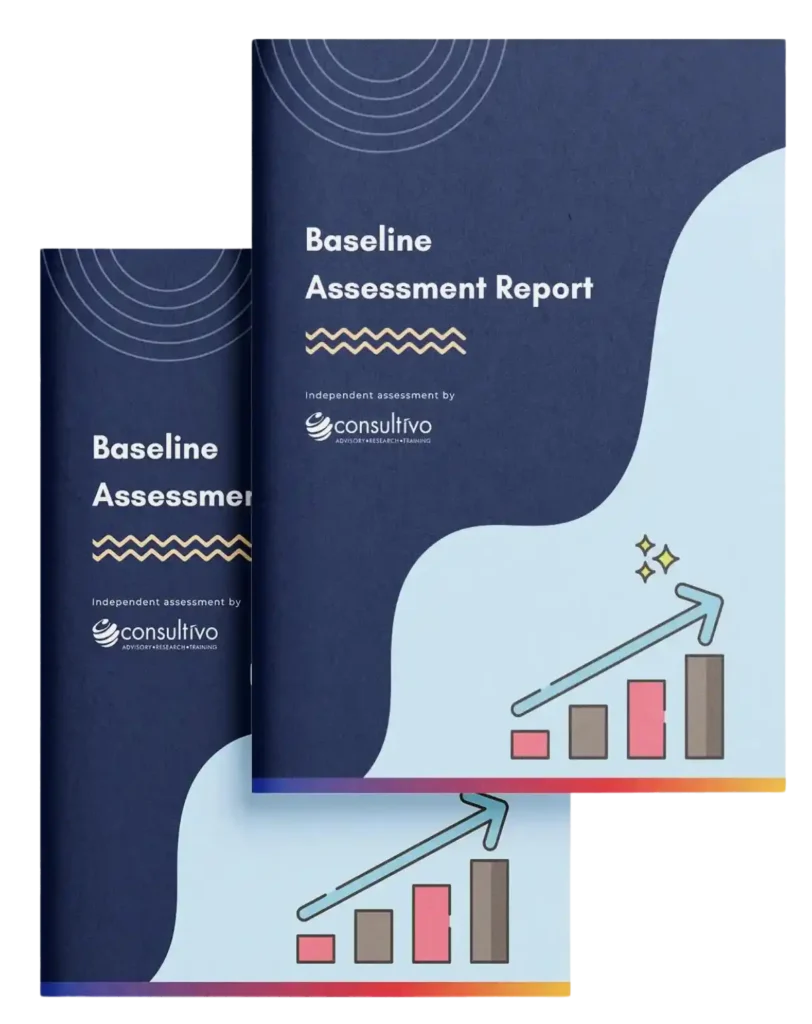
Project Impact Assessment In line with MCA & Companies (CSR Policy) Amendment Rules Requirements
Consultivo helps private & public sector companies, trusts, foundations & implementation agencies in the areas of Strategy, Implementation, Monitoring, Evaluation & Impact Assessment.
Communication and Impact Reports to enhance stakeholder confidence.
Companies, Trusts, NGOs, Not for Profits
Use our expertise to develop framework for CSR Strategy & Policy – Align your goals
Identify the real need on ground to plan suitable & sustainable social projects.
Engage your stakeholder through a systematic process & materiality
Consultivo provides 3rd party monitoring & evaluation of your social projects
8.
Consultivo Academy offers customised training programs as per your need
9.
SROI enables organisations to consider their impacts of a wide range of societal issues in a quantified financial term, enabling them to be more transparent about the risks and opportunities they face.
Get to know all the elements in your report and how we can help you
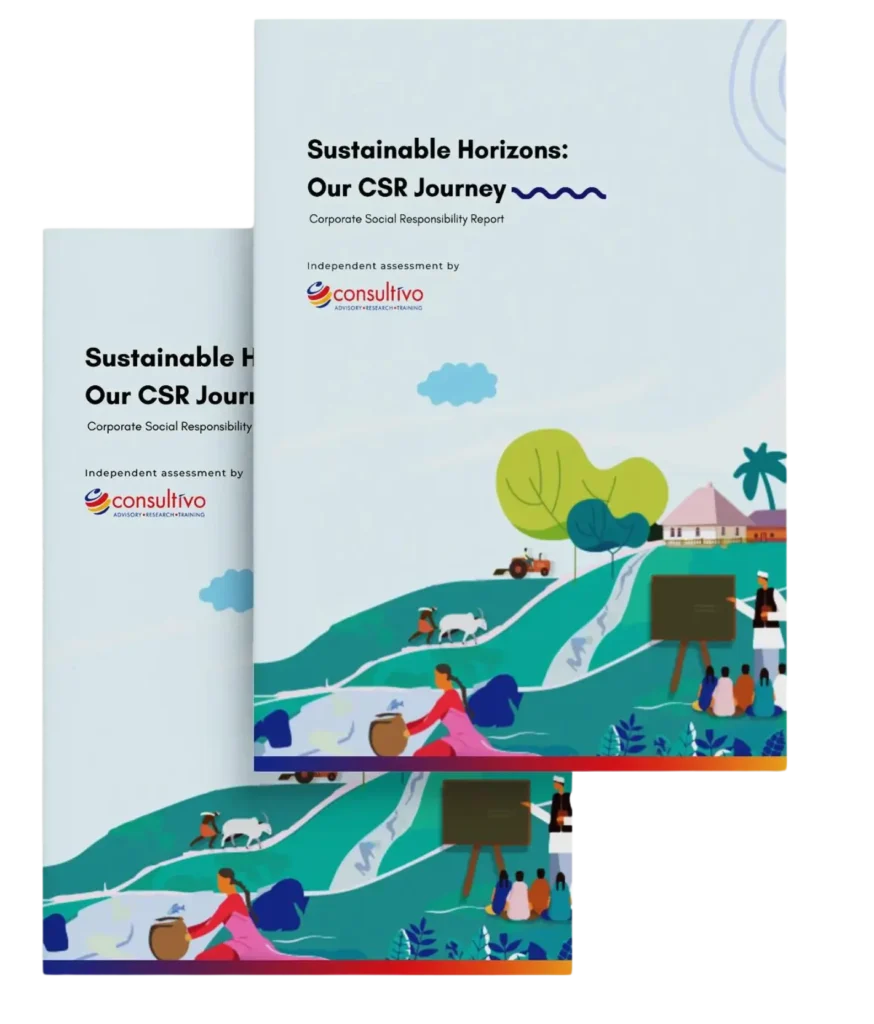
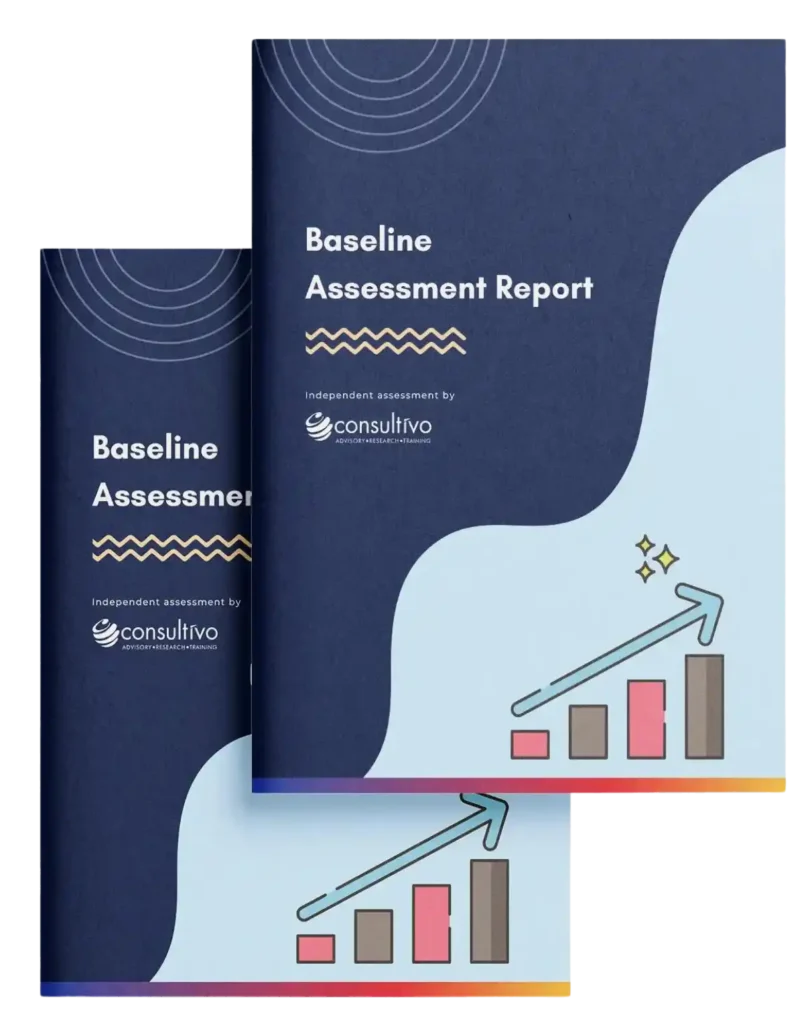

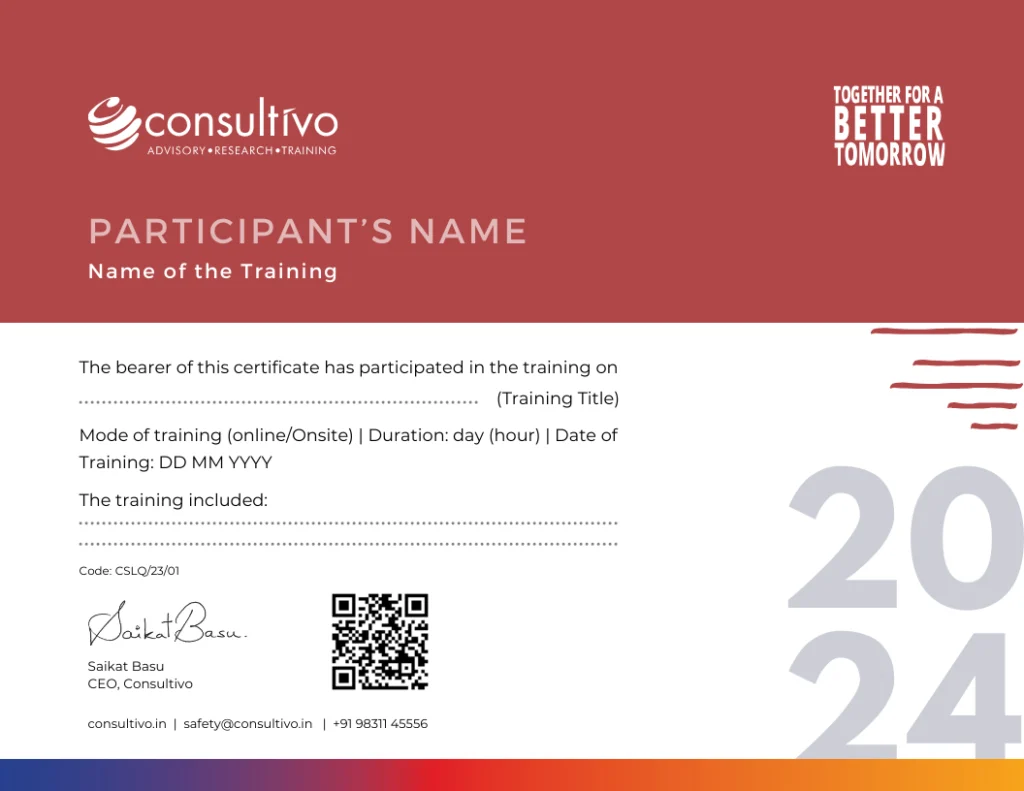
Be a Consultivo Academy Certified Professionals
QUALIFICATION, AWARENESS & COMPETENCE BUILDING
Online and Onsite Courses: Use our Training and Capacity Building expertise in Sustainability, CSR, Social Responsibility, and Social Governance.
- Featured training courses
Methodology
Baseline Survey or Baseline Study for CSR – Development Project
Baseline assessment or need assessments are generally carried out to identify the ground reality and the material issues of the society for a particular geo-location and scope of work.
Generally a survey includes the following steps:
- Finalization of project scope, objective, locations and target segment of society
- Baseline Survey design including survey
- Identification, training, Calibration and Deployment of implementation team
- Primary data collection (survey, focus group, interview) and secondary data collection (research, data mining) including data validation and back checking
- Data analysis, interpretation and logical conclusions
- Baseline Assessment Report Preparation with depiction of ground reality, material issues and possible intervention Communications
Our Featured Knowledge bank
You may also like

Let's discuss

Impact Stories
The impact we create. The excellence we inspire.
Read a few of our stories as we partner in the CSR journey of different organisations as an impact consulting firm.
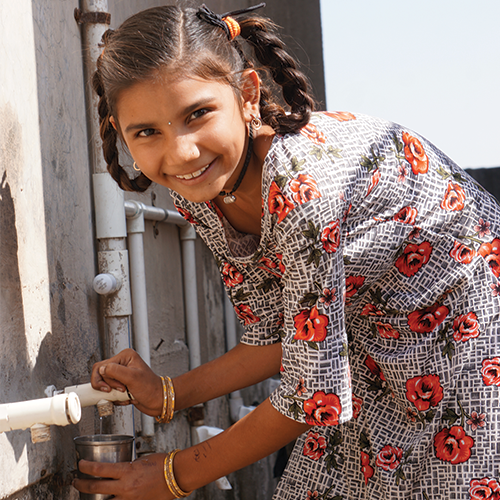
The internationally reputed company is a leading FMCG player with global presence. They have more than 20 ongoing CSR projects across India.We started with the defined objectives and scope of the assessment, including the social, environmental, and economic impacts to be evaluated through Theory of Change (ToC) framework. Stakeholders are mapped and included.
We collected data through various methods, such as surveys, interviews, FGDs and site visits.
Finally, we analysed the data to evaluate the effectiveness of the CSR initiatives and identify areas for improvement, and prepared the independent CSR Impact Assessment Report for communicating the results to stakeholders to ensure transparency and accountability.
Relevant Standards and Protocols used:
Consultivo ImpactMap, National Guidelines on Responsible Business Conduct (NGRBC), ISO 26000, Global Reporting Initiative (GRI) Standards, SDG Guidelines, Theory of Change (ToC), Good Industry Practices
Industry
FMCG
Multiple Locations across Indian States
20+ Major CSR Projects
Thematic Areas
Livelihood Promotion, Skills Development
Healthcare
Women Empowerment
Environment
Water and Sanitation
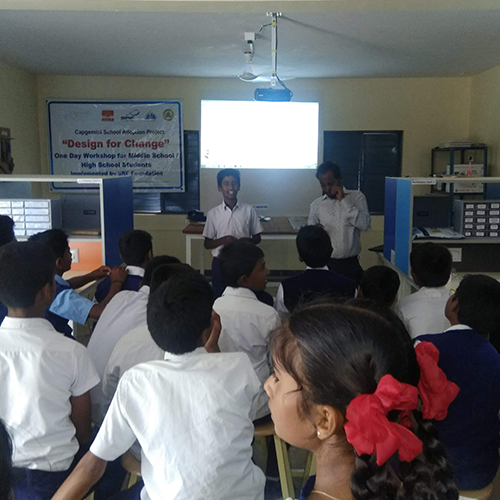
The internationally reputed company is a leading FMCG player with global presence. They have more than 20 ongoing CSR projects across India.
We started with the defined objectives and scope of the assessment, including the social, environmental, and economic impacts to be evaluated and the stakeholders to be included.
We collected data through various methods, such as surveys, interviews, FGDs and site visits.
Finally, we analyzed the data to evaluate the effectiveness of the CSR initiatives and identify areas for improvement, and prepared the independent CSR Impact Assessment Report for communicating the results to stakeholders to ensure transparency and accountability.
Relevant Standards and Protocols used:
Consultivo ImpactMap, National Guidelines on Responsible Business Conduct (NGRBC), ISO 26000, Global Reporting Initiative (GRI) Standards, SDG Guidelines, Theory of Change (ToC), Good Industry Practices
Industry
FMCG
Multiple Locations across Indian States
20+ Major CSR Projects
Thematic Areas
Livelihood Promotion, Skills Development
Healthcare
Women Empowerment
Environment
Water and Sanitation
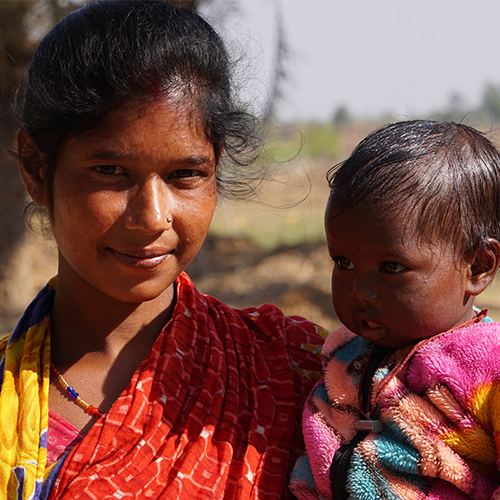
The organisation is a a leader in packaged power technology and has been one of India’s most reliable brands for more than seven decades.
First, the objectives and scope of the assessment were defined, which included evaluating the social, environmental, and economic impacts and identifying relevant stakeholders.
Next, data was collected through various means, including surveys, interviews, focus group discussions, and site visits.
Finally, the data was analyzed to assess the effectiveness of CSR initiatives, pinpoint areas for improvement, and develop an independent CSR Impact Assessment Report, which was communicated to stakeholders for transparency and accountability purposes.
Relevant Standards and Protocols used:
Consultivo ImpactMap, National Guidelines on Responsible Business Conduct (NGRBC), ISO 26000, Global Reporting Initiative (GRI) Standards, SDG Guidelines, Theory of Change (ToC), Good Industry Practices
Industry
Engineering and Automobile
30+ CSR Projects spread across 10 states of India
Thematic Areas
Environment, basic education, health, women empowerment and community development
Livelihood Promotion, Skills Development
Healthcare
Women Empowerment
Environment
Water and Sanitation
Featured Insights
Curiosity Zone

Some more answers to your questions – FAQ
What is a Baseline Survey or Baseline Assessment or Baseline Study?
Definition of Baseline Survey or Need Assessment Survey
In the world of Development or Impact Investment or Corporate Social Responsibility (CSR), a Baseline Survey is a study that is done at the beginning of a project to collect information/set of data (like the socioeconomic conditions, living standards, and livelihoods of project-affected communities) on the status of a subject before any planned intervention.
For all practical purpose, Baseline Survey or Baseline Assessment or Baseline Study are different nomenclature of the same activity.
Baseline implies that the data will be used as a reference to define preexisting conditions for future monitoring of impacts and the effectiveness of measures to improve living standards and livelihoods.
It is the starting point of the Project Monitoring and Evaluation (M&E) and CSR Impact Assessment.
Why should you conduct a Baseline Survey or Baseline Assessment or Baseline Study?
Why we require a Baseline Survey or Need Assessment Survey
Baseline survey or baseline assessment means trying to assess the existing state of affairs of the project, people, environment, business and demographic information of the selected village, town or district covering the affected project area.
The benefits of a baseline survey is multi-fold.
- Provides a comprehensive understanding of pre-project socio-economic conditions
- It is used as a benchmark against which the results of your subsequent or end line surveys can be compared to estimate the impact of your interventions.
- Baseline studies also help us determine the priority areas of projects in the very beginning. So, many times, it also includes need assessment survey. Capturing the right data from the field before your intervention begins can determine the alignment between aspects of your target population and your objectives.
- Baseline assessments are required by funding organizations or partners in order to ensure the optimal use of their resources.
As a Baseline Survey Consultant, Consultivo delivers end to end services in CSR field.
How Consultivo can help in Baseline Survey?
Independent Baseline Survey by Consultivo
As an Independent Third Party Consulting Firm or Baseline Survey Consultant, Consultivo can help you to design, develop and execute Baseline Surveys for your development, impact investment or CSR projects.
Our surveys are based on scientific methods in line with national & international standards, using latest technologies and competent resources. Each survey outcome is reported with transparency, independence and communication techniques (like data visualisation, analytics etc.).
As an Leading and Independent CSR Consultant in India, Consultivo offers CSR Strategy Consulting, Baseline and Need Assessment, Stakeholder Mapping and Engagement, CSR Project M&E, CSR Impact Assessment, SROI Evaluation and CSR Reporting.
What are the major challenges of a Baseline Survey?
The principles are uniform across the world for any baseline assessment of a development project. In practice, there are many practical challenges which are mostly project specific. Following are few which remain common for most of the projects:
- Design of the survey keeping the right alignment with the objectives of the development project, ground realities and stakeholder interests
- Sampling plan plays a very vital role in the entire socio-economic survey process. The sample of respondents to be covered must be representative of all types of stakeholders under the proposed CSR intervention residing or affected in the catchment area of the project.
- Plan for follow-ups is a real challenge but can be a key success factor if executed properly.
- Identification and determination of material issues through data analytics and interpretation
- Hard ground realities like topography, difficult to deal with respondent groups, political pressures, insurgency etc.
- Transparency, independence, disclosures, ethical issues
- Communications through a professional quality report which should contain right uptake for different interested parties (as planned)
What is Need Assessment Survey?
The Need Assessment Survey or a Baseline Survey
The Need Assessment Survey is also done as an additional feature in the baseline assessment to know where they stand at the moment and what are their requirements or needs to improve it further.
Usually, such a baseline assessment should be done before starting any project, initiative, concept in the catchment area.
What are Primary and Secondary Research?
There are several ways in which this baseline survey can be carried out.
Primary Research: However, this is just not adequate. We need to collect factual and need-based assessment by way of personal interviews of the beneficiaries or families through a structured questionnaire.
Secondary Research: They include information gathering from Govt. records on population, employment, agriculture, business, industry, etc. and various relevant websites of the Chamber of Commerce, Industry Association, published information through articles, etc. which are available in the public domain.
GLOBAL Experience


